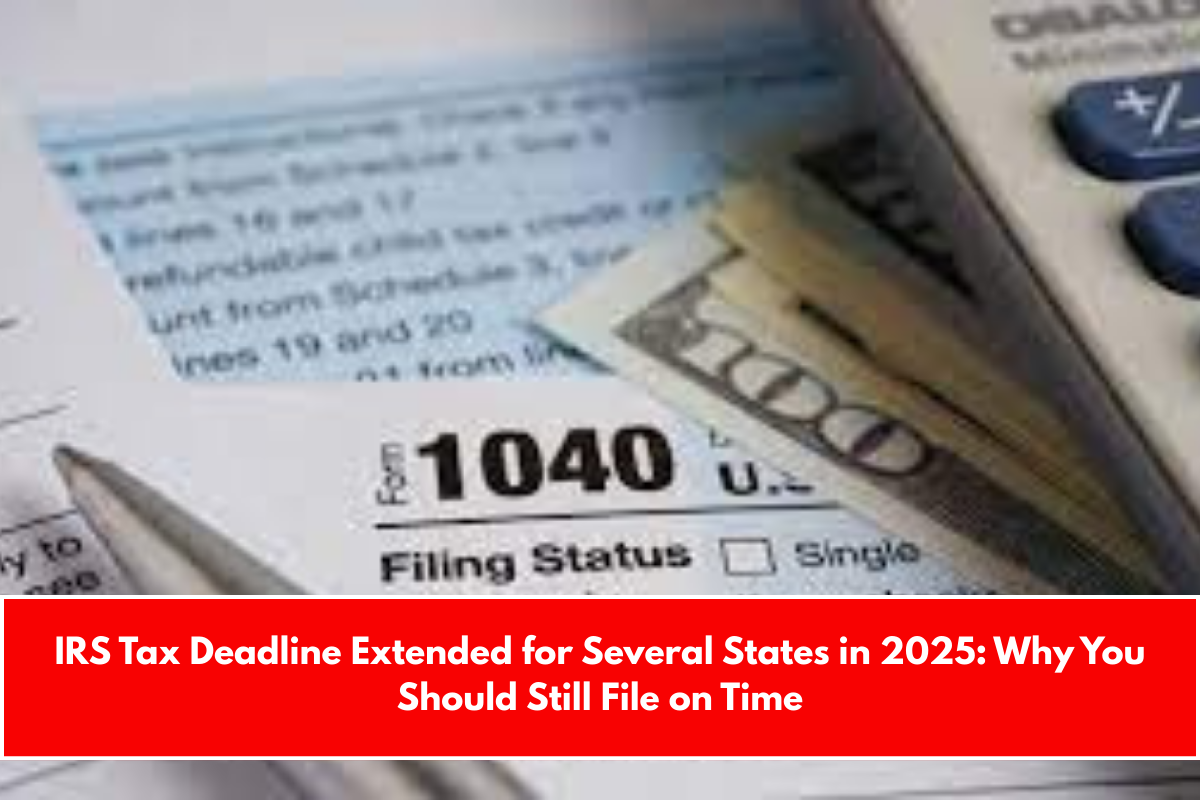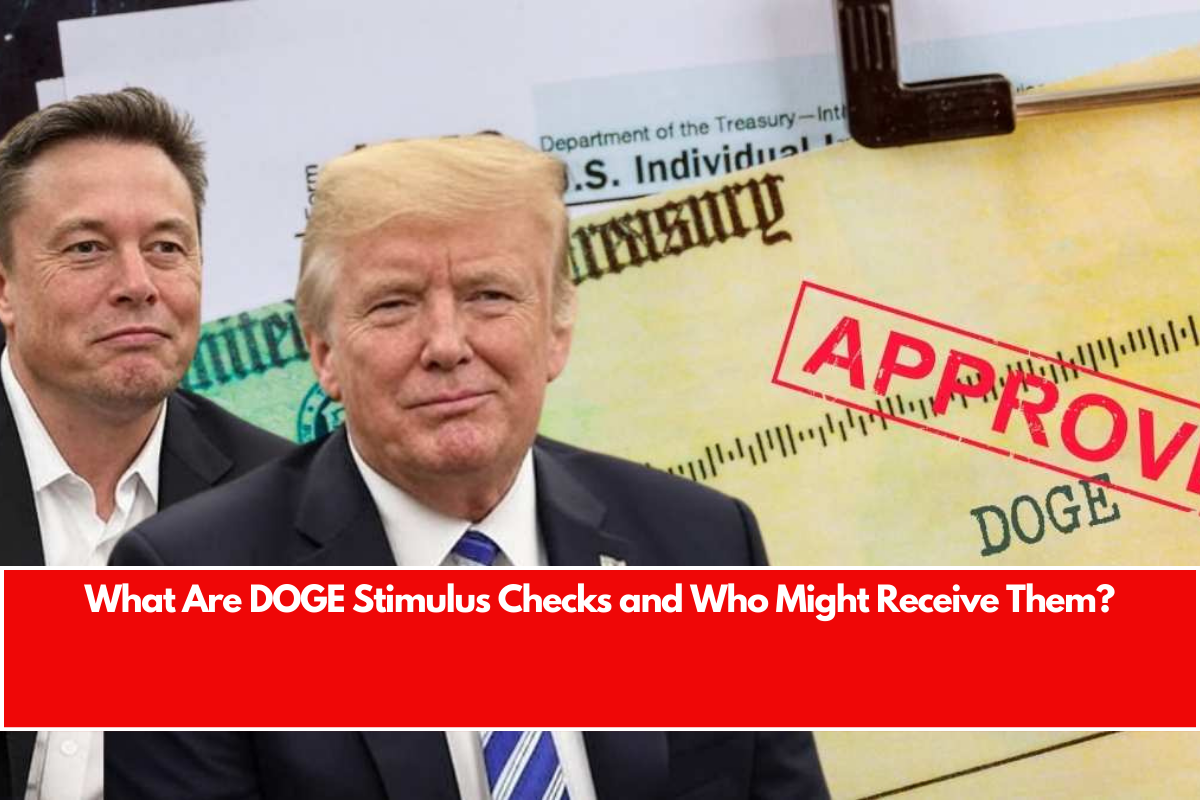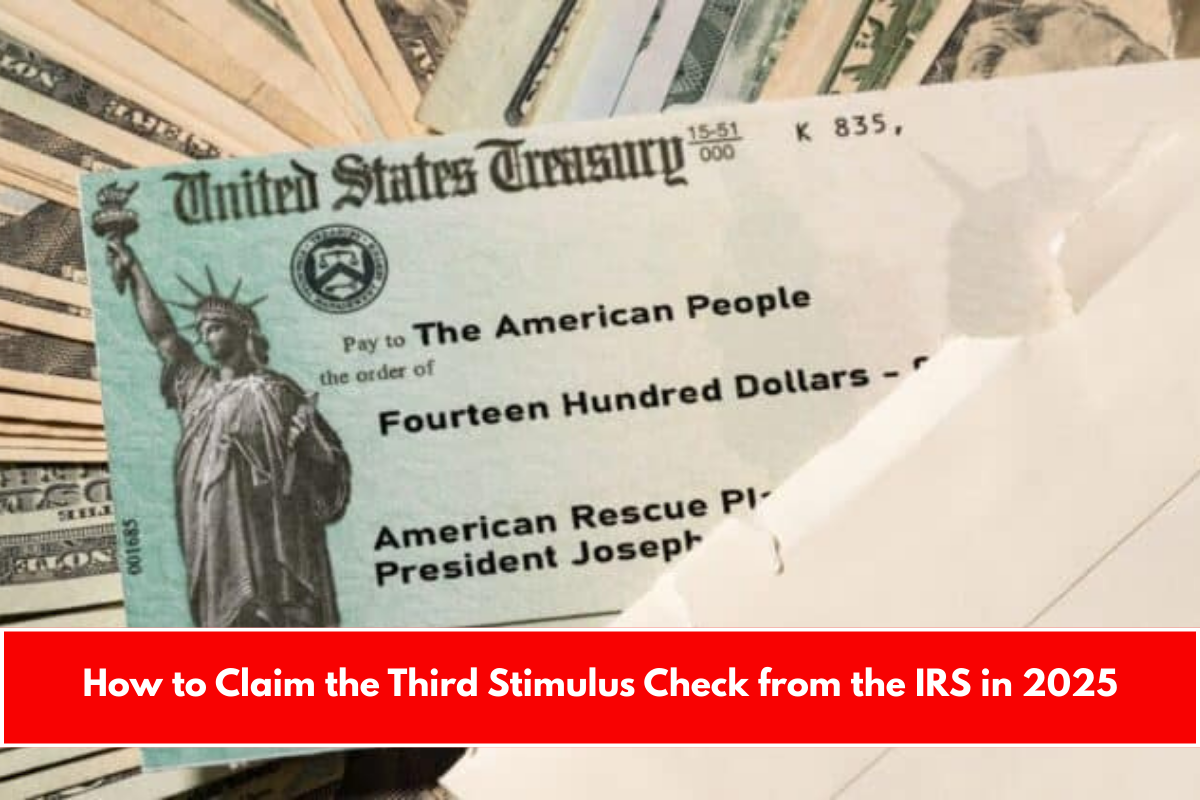In Nevada, police cannot search your phone during a traffic stop without a warrant or certain exceptions. Here’s what you need to know:
Search and Seizure Laws
- Warrant Requirement: Under Nevada law, police generally need a search warrant to search your phone, which is considered private property. This requirement is rooted in the Fourth Amendment, which protects against unreasonable searches and seizures
Exceptions to the Warrant Requirement
- Arrest Situations: If you are arrested, police can conduct a warrantless search of your person and immediate surroundings for weapons or evidence related to the arrest. However, searching the contents of your phone is not included in these “searches incident to arrest” unless they obtain a warrant specifically for the phone.
- Exigent Circumstances: In some cases, if there are exigent circumstances—such as an immediate threat to officer safety or the risk of evidence being destroyed—police may seize your phone without a warrant. However, they still need a warrant to search the data on the phone afterward.
Compelling Passcodes
- Passcode Disclosure: There is no clear Nevada law regarding whether you must provide your phone’s passcode to police. Courts have varied opinions on this issue. Generally, if police have a warrant, they may compel you to provide your passcode; however, some courts have ruled that doing so could violate your Fifth Amendment rights against self-incrimination
Conclusion
In summary, during a traffic stop in Nevada, police cannot search your phone without a warrant unless you are arrested and specific conditions apply. It’s crucial to understand your rights in these situations and consider consulting with a legal professional if you believe your rights have been violated.
SOURCES:-
- https://www.shouselaw.com/nv/defense/laws/search-and-seizure/
- https://www.shouselaw.com/nv/blog/warrant/when-are-nevada-police-allowed-to-search-my-cell-phone-do-i-have-to-give-my-passsword/
- https://noblesyanezlaw.com/your-cell-phone-can-and-will-be-used-against-you-in-a-court-of-law/
















